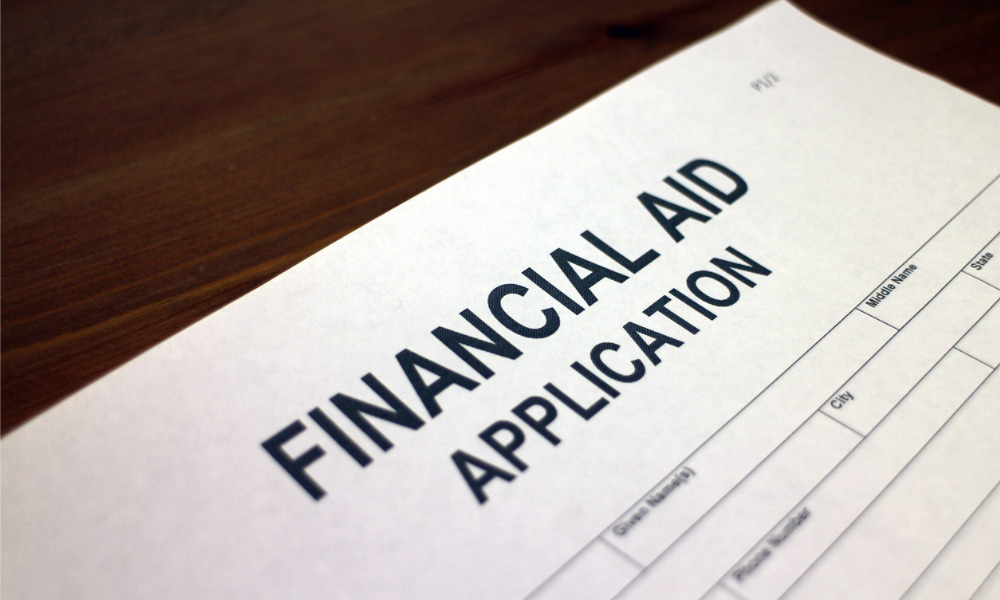
'CERB was created as emergency support – not to fund a summer break'

Despite employers’ plans to increase their workforce after the COVID-19 lockdown, one in four small businesses in Canada are finding it difficult to rehire workers to jumpstart their operations.
The problem? Most out-of-work Canadians want to stay on government assistance programs instead, a survey by the Canadian Federation of Independent Business (CFIB) revealed.
“More than a quarter (27%) of small firms report that some of their laid-off staff have refused to return to work when recalled,” CFIB president Dan Kelly said.
Read more: More businesses optimistic about hiring post-COVID 19
Among those who refuse to re-enter the workforce, 62% say they prefer to remain on the Canada Emergency Response Benefit (CERB), a government lifeline which gives jobless Canadians a stipend of about $500 a week.
But others who are opting to skip work amid the pandemic say they are more concerned about their health and family:
Others, meanwhile, see no point in returning to work so soon since there may not be enough hours or work available for them at this point (16%), the survey found.
A ‘disincentive’ to work
Some businesses believe CERB has created a “disincentive” for people to return to work.
“CERB was created as emergency support for workers who had lost their job due to the pandemic – not to fund a summer break,” said Kelly, who supports the move to end CERB benefits once employers believe they are ready to rehire their staff.
To spark recovery, the federal government should instead focus on the nationwide wage subsidy program “as a step towards unsubsidized employment,” the CFIB said.
Last week, Prime Minister Justin Trudeau vowed to continue supporting businesses throughout the crisis by extending the Canada Emergency Wage Subsidy (CEWS) program to the end of the year. The subsidy covers up to 70% of a worker’s wage.
Read more: Trudeau extends wage subsidy scheme to aid employment rebound
“While CFIB is pleased the government has extended the wage subsidy until December, details on how the program will work are desperately needed. It is crazy that employers do not even know if they will qualify for the July subsidy period while we are halfway through the month,” Kelly said.
CFIB wants the government to eliminate – if not lower – the required 30% drop in revenue for a business to qualify for the subsidy.
The group also wants the government to require CERB recipients “to be available and looking for work”; end CERB benefits once the worker is hired (unless they or a family member are sick); and allow CERB recipients to retain some benefits while being given the leeway to work more hours.
“Many workers can’t go back to work yet for valid reasons, but changes are needed to key support programs to help employers reopen and rehire their teams. There is no recovery without getting Canadians back to work,” Kelly said.